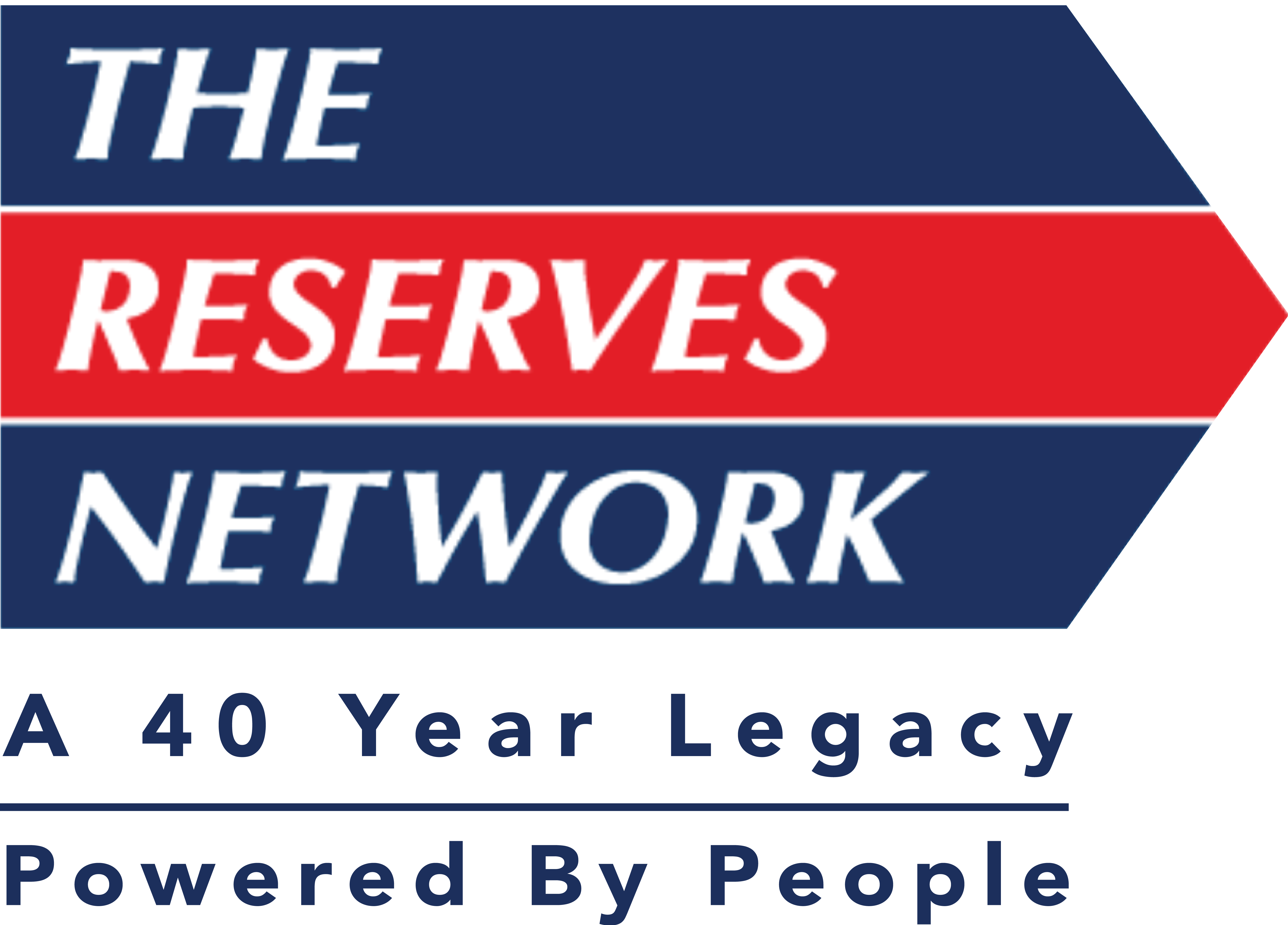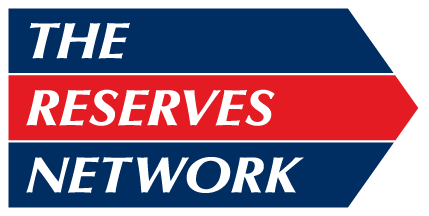The Differences Between Millennials and Gen Z that Could Affect Your Hiring
You’ve likely spent the better part of the last decade working to understand how to attract and retain millennials, and now, it’s time to welcome a new generation to the workforce. Generation Z, individuals born from 1996 to 2010, are beginning to enter the job market. Here’s what you need to know if you’re ready to start attracting a new generation of talent.
Gen Z Has Shorter Attention Spans
It’s no secret that American attention spans are shrinking every day, but Gen Z grew up in a world of nonstop updates from social media. They process information faster than previous generations, but they are used to consuming short bits of information continually. Their attention spans may be even lower than millennials.
They Value Non-Traditional Education
Gen Z grew up in a recession and watched millennials get strapped with crippling college debt. This generation is much more likely to go straight into the workforce to earn money and rely on online learning, self-teaching, and other non-traditional methods of building in-demand skills. Employers may have to start looking at skill sets rather than degrees when hiring younger workers.
Gen Z Demands Information Security
Generation Z came of age as big data came of age. With big data came big corporate hacks, misuse of personal data by social networks and other data scandals. As a result, this generation is more likely not to trust websites that ask for personal information upfront. Online job applications that ask for what they view as invasive personal data, like a social security number, could be abandoned by Gen Z.
They Value Diversity More than Any Other Generation
Generation Z is the most diverse generation in the history of the United States. They grew up surrounded by friends of different backgrounds and experiences, and they can expect companies to reflect that reality – even more so than millennials. They are savvier than other generations when it comes to diversity and may notice if a company is talking the diversity talk but not walking the diversity walk.
They Have High Salary Expectations
Millennials had high expectations when they entered the workforce, but Generation Z has raised the bar, with many surveys indicating that they are looking for $50,000 starting salaries. While that is not unheard of in STEM fields, finance and other industries, most entry-level jobs pay far less. It will be up to employers to try and turn heads with benefits and perks since $50k starting salaries are not often realistic.
Are You Ready to Hire The Next Generation Of Talent? Reach Out to The Reserves Network!
If you are looking for tips on how to attract Generation Z, or if you are looking to improve your hiring processes overall, contact the staffing and recruiting experts at The Reserves Network today.



